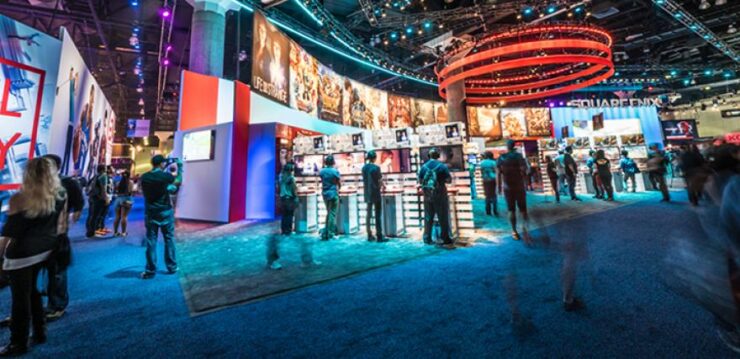A trade show is an event where you exhibit goods and services in a particular industry. This event offers a wealth of opportunities to a new or existing business. It boosts brand awareness, improves sales, and helps build a network. These days, trade shows are being conducted online to develop business relationships worldwide and discover new prospects.
Are you all set to participate in your first ever trade show? Wonderful! This will bring you huge exposure. Just like an organization must choose actionable performance appraisals, which is possible with extensive research and planning, you must prepare for exhibiting at a trade show as well.
The competition is always tough and it’s easy to get lost in the ocean of booths. This is why here are some tips for planning out your first event and guarantee success:
1: Find out Who’s Attending
Usually, the attendee list is available in advance. Checking this list will help you figure out which contacts might be interested in doing business with you.
Once you are able to find these contacts, send them a brief introductory email. Let them know you can’t wait to see them at your booth. However, don’t spam their inbox. Keep everything light and personal.
2: Prepare Your Staff
Okay, you have got to prepare in advance. Every staff member will be asked questions and they must know all the right answers. This means every member should be an expert on your product/service and company.
To prepare your members, make a list of anticipated questions. It’s a good idea to role-play before the show begins. Don’t forget to ask questions from people who come to your booth. The goal shouldn’t just be to sell but develop a relationship that will be mutually beneficial. Let’s say the one who walks over to your booth isn’t the right fit for your product. Maybe they know someone who can benefit.
3: Prepare For Giving Product Demos
Prepare to allow your attendees to test your product. Start by giving a product demo. It allows people to see your product, touch and taste it. If they like what they see, they will definitely make a purchase.
4: Hand out Freebies
Who doesn’t love free stuff, right? Attendees expect to receive freebies at trade shows. If you are not selling a product, you can lure the attendees with freshly baked cookies or cupcakes. You can also go one step further by giving promotional goods like water bottles, hats, pens, and notebooks.
When attendees see these freebies, they would be more eager to visit your booth and see what you are offering. Once someone has visited your stall and tried something, they may feel obliged to make a purchase. This process is known as the law of reciprocity.
5: Plan out A Memorable Display
The attention span of an average human being is 8 seconds only. You would be competing against this and the number of distractions at the trade show.
To grab a visitor’s attention, set up an attractive booth. Ditch words and use pictures. They are much easier to process. Your goal must be to create a display that can be seen from far away.
6: Have Brochures and Business Cards Ready
Nearly everyone who meets at the trade show is going to ask for a business card. Therefore, having one is mandatory.
A business card plays the role of extended conversation beyond the show. Plus, it’s a subtle reminder of who you are. Apart from a business card, it would be a great idea to get some brochures designed and hand them over to all attendees.
7: Be Active on Social Media
Don’t forget to tap into the power of social media! It’s a great medium to create a pre-trade show hype.
Once the event is live, you can also create Facebook live videos. Keep on posting photos of the event. Invite the attendees to stop by your booth for a chance to enter a contest. Include hashtags and be sure to leave your booth number.
8: Contact Previous Exhibitors for Advice
There is no harm in reaching out to previous exhibitors (non-competitors) and asking for advice. Ask questions like did the event meet your expectations? What are the top mistakes to avoid? And any other useful advice they would like to share.




























